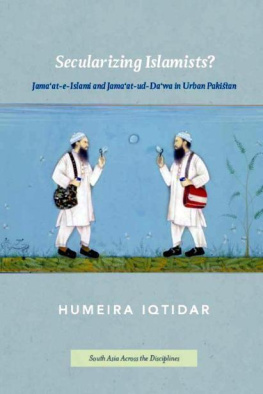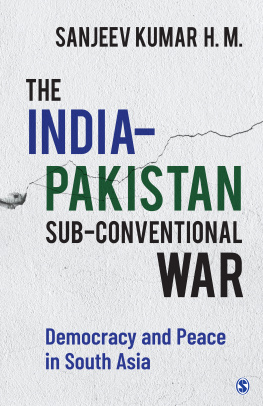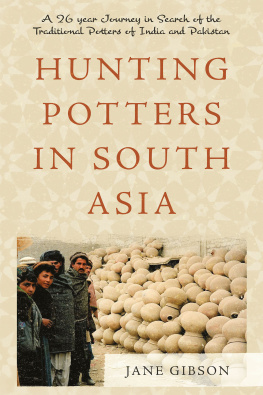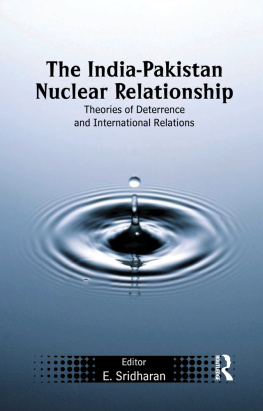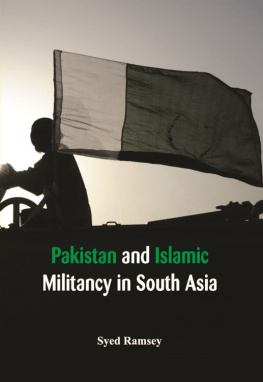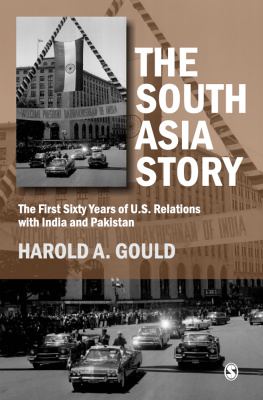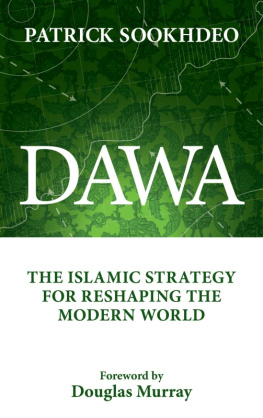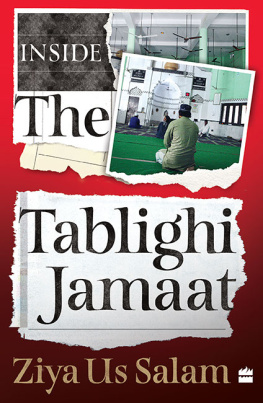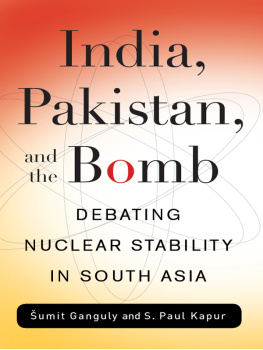A series edited by Dipesh Chakrabarty, Sheldon Pollock, and Sanjay Subrahmanyam
Funded by a grant from the Andrew W. Mellon Foundation and jointly published by the University of California Press, the University of Chicago Press, and Columbia University Press.
The Powerful Ephemeral: Everyday Healing in an Ambiguously Islamic Place by Carla Bellamy (California)
Extreme Poetry: The South Asian Movement of Simultaneous Narration byYigal Bronner (Columbia)
The Social Space of Language: Vernacular Culture in British Colonial Punjab by Farina Mir (California)
Unfing Hinduism: Philosophy and Identity in Indian Intellectual History byAndrewJ. Nicholson (Columbia)
Islam Transliterated: Literature, Conversion, and the Arabic Cosmopolis of South and Southeast Asia
by Ronit Ricci (Chicago)
South Asia Across the Disciplines is a series devoted to publishing first books across a wide range of South Asian studies, including art, history, philology or textual studies, philosophy, religion, and the interpretive social sciences. Series authors all share the goal of opening up new archives and suggesting new methods and approaches, while demonstrating that South Asian scholarship can be at once deep in expertise and broad in appeal.
Jama`at-e-Islami and Jama`at-ud-Da`wa in Urban Pakistan
Humeira Iqtidar




INTRODUCTION
A Failed Experiment?
A Relationship of Creativity?
Learning from the Opposition
JD and JI in Urban Lahore
Women in Islamist Parties
CONCLUSION
Secularizing and Liberal?




Jama'at-ud-Da'wa allegedly masterminded the terror attack carried out in Mumbai in 2oo8. Although not proven conclusively, this is an entirely plausible allegation, with the proviso that it seems to overestimate the organizational capacity and ambition within Jama`at-ud-Da`wa (JD) alone. Moreover, the lack of demands raised by the terrorists in Mumbai, at least to public knowledge, about Kashmir is an unlikely move for a group that has deep ideological and political commitment to its version of the Kashmiri cause. However, I am not primarily concerned, indeed not even able, to provide a definitive answer to the question of the extent and range of JD involvement in the Mumbai attacks. I bring it up to acknowledge the context in which this research will be received and responded to. The easy conflation of Islamism with violence is promoted most of all by the activities of groups like JD. Yet it hides from view a more granulated account of the multifaceted relationship that Islamists have with the societies and polities within which they operate. This research is an attempt at thinking about the long-term impact of Islamism within predominantly Muslim contexts such as Pakistan.
In the course of conducting the research, and then writing, revising, and refining the argument contained here, I have incurred immense debts of gratitude. My first debt is toward the many individuals within Jama`at-eIslami (JI) and JD who allowed me to spend time with them, meet theirfamilies, colleagues, and friends, and ask them questions, some of them uncomfortable ones. I hesitate to name any of them specifically, precisely because the most helpful are also the most vulnerable in many ways in terms of their roles within the organizational hierarchy. I realize that to some readers my account here may seem particularly sympathetic to the Islamists, but I know that for my Islamist interlocutors it is not a comfortable read either. However, one person I can thank publicly is Mohammed Abbas, who was instrumental in facilitating my initial contact with JD. His own interest in the research process led to many interesting discussions and new questions for me to explore.
I started this research under the guidance of Rajnarayan Chandavarkar, who died unexpectedly in early 20o6. I share his loss with many of his friends and students who could be sure of an interested ear and a relentless questioning of our basic assumptions. David Lehmann was kind enough to step in as my adviser at this point. David's unstinting support, selfdeprecating sense of humor, and disdain for the more tribal approach to social science research have influenced this research in more ways than he will acknowledge. Pieter van Houten pushed me to clarify the terms used and helped define a sharper focus to the interplay of competition among the Islamists. James Piscatori brought a breadth of comparative knowledge to bear upon this research and raised some critical questions that I fear I still cannot answer. At the Centre for South Asian Studies at the University of Cambridge, Chris Bayly has been an ideal senior colleague, engaging meaningfully with my work at the same time as allowing me space to develop ideas and initiatives. The depth of support that Chris has provided to many younger scholars around him is hard to grasp initially, precisely because of his modesty as a teacher and a scholar. Justin Jones, Kevin Greenbank, Philippa Williams, Barbara Roe, Jan Thulborn, Rachel Rowe, Anna Maria, and Ivan Coleby have been wonderful colleagues at the Centre.
The debt of gratitude I owe Kamran Asdar Ali is made all the more significant by the fact that he did not have any official responsibility toward me. His support of my research through critical readings, suggestions, and exploration of ideas came at a critical time soon after Raj passed away. I can only hope to pass on such intellectual generosity to others. Similarly, David Gilmartin engaged generously with the ideas contained in this research, enriching them with his comments and suggestions. David's work on colonial Punjab has been particularly influential in framing my own understanding, and his questions exposing my assumptions have left an indelible mark on this research. David's wide-ranging support of younger scholars and his willingness to engage critically with their projects is an inspiration in itself. Talal Asad has engaged with this work out of a similar spirit of intellectual generosity. His critique and encouragement, but primarily his own work, have had a profound impact on this research. In a similarvein, I am immensely grateful to Dipesh Chakrabarty, and not just for his support for this book. His work has been deeply suggestive and provocative, and his willingness to continuously question his own previous arguments an inspiration. I owe him also forintroducing me to the best editor a first-book author can hope to work with. Alan Thomas and Kate Frentzel at the University of Chicago Press managed to be patient, clear, and supportive at the same time. The two anonymous readers raised important questions about different aspects of this manuscript, and I would like to thank them for their detailed reading.

